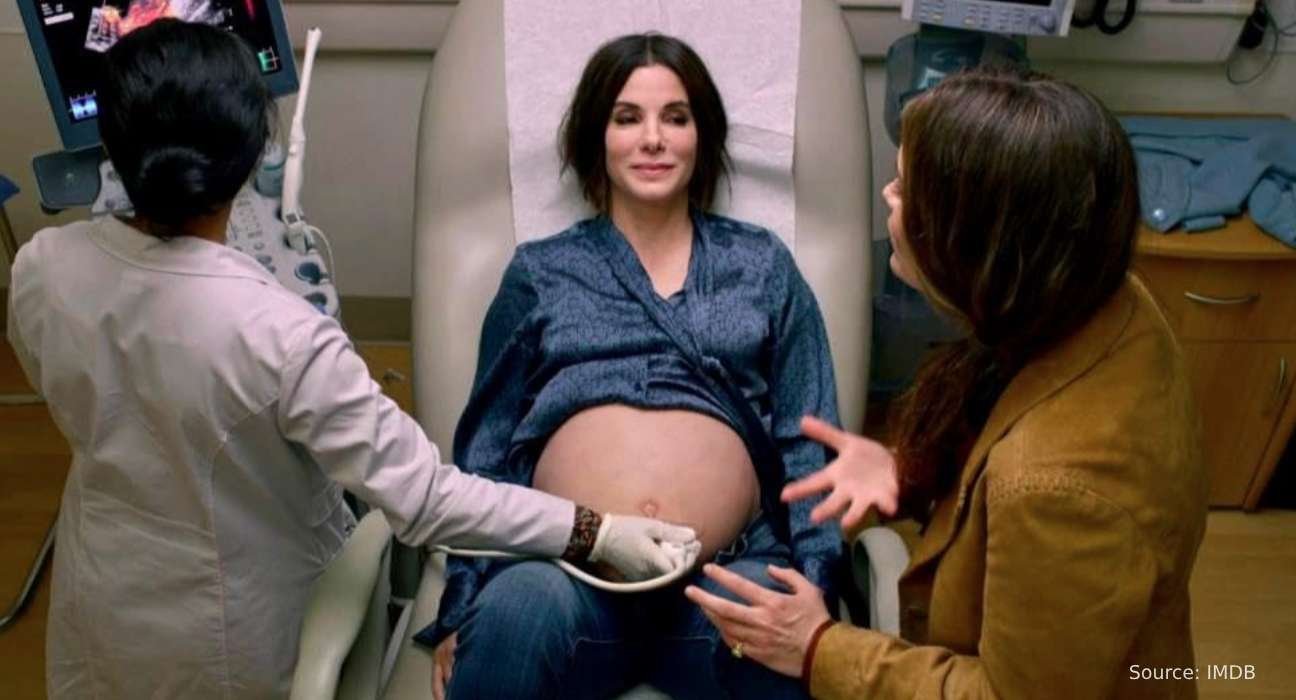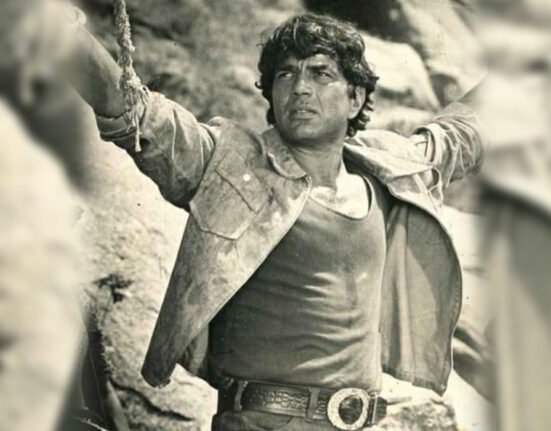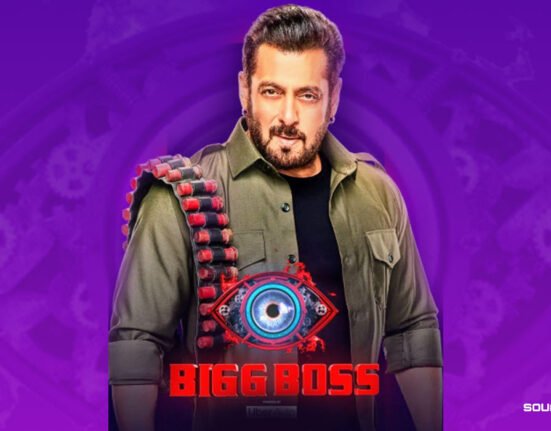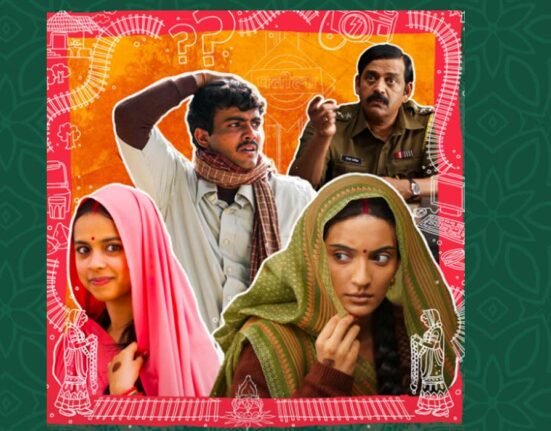A good movie prompts us to think. Similar to this principle a review portrayal can evoke different perceptions based on people’s reflection of self. Bird Box, based on a 2014 post-apocalyptic novel by Josh Malerman that was adapted for the screen by Eric Heisserer and was steered by Susanne Bier, fitted the best-accomplishing film in Netflix history. It is a thriller about a supernatural entity that, when people see it, forces the person to kill themselves. These creatures were most likely a religion-related epidemic, brought upon by humanity itself.
A relevant label attached to these creatures is “fallen angels” most ordinarily known as demons. In the bible, demons are represented as creatures so conceptually foul and inherently incorrect that humans would simply go impulsive and out of control had they ever been subject to directly looking at such an improper and impossible-oriented entity. In the flick, the havoc created by these creatures is pretty evident.
Those who grasp even the slightest glimpse of the ‘creatures’ are instantly driven mad, speedily taking their own life. Sandra Bullock stars as Malorie, who’s tasked with saving two children from the entity. Blindfolded, they traverse a desolate American town (and a whole river) to find a safe haven. The film hops back and forth in time, taking us from When The Shit Goes Down five years ago to the birth of the children to their journey out of town. Although the film matched a light-hearted meme sensation but has evoked a serious desire for thought over mental illness among viewers pondering the deeper meaning of the movie. There are mental health lessons learned throughout the film Involving triggers for mental health themes such as anxiety, trauma, self-harm, and suicidality. Perpetuating negative portrayals of individuals living with mental health concerns, particularly those who are hospitalized.
1. Negligence towards Mental Health
How society deals with mental health is the underlying monster in the movie. Simply pretending to not to pay heed to important issues surrounding mental health and the stigmas placed on people dealing with mental issues, does not minimize the gravity of the problem.

This movie exceptionally linked monsters, though metaphorically, with people suffering from mental illness becoming literal agents of evil, obsessed with carrying a monster’s mission to destroy humanity. Who wants everyone else to witness and experience what it’s like to want to take your own life and overhear voices in your head? Thus monsters are suicide and mental illness personified. Sounds fancy and Fanatical, but truly it isn’t one.
2. Suicide/ Self Harm
Suicide and mental illness do not have a face and aren’t foreseen and anticipated. In the present day, we witness instances of people exemplifying suicidal tendencies before taking their own life. The stigma attached to suicide and mental illness often provokes people to hide those feelings rather than talk about them freely and openly. In the hustling world, nobody is concerned about what the other is feeling or has time to ponder upon them. Similarly, in the movie, almost all characters are seen dealing with grief to some degree. Suicide does not affect just the victim, but also the people nearby them.
Also Read: Childhood Fears and, Their Relation to Mental Health Disorders
“We’re kind of going to that place where we’re not looking at people anymore. We’re all very remote and isolated”.
3. Fears that come with becoming a parent
Malorie, the protagonist is portrayed as a fierce mother who does not even name her children until they reach a safe haven. Only when Malorie believes they’re safe does she feel that she can exert this more conventional step? Flashback to the early days of Malorie’s unwillingness to acknowledge her pregnancy and expressing her fear of becoming a mother worried that she might not bond with her child. Does not naming them in any sense correspond to protecting her “motherly fears” or keeping herself from getting too connected to her kids and having something terrible happen?

Thus, in conformity with this, Bird Box highlights a major theme elucidating Malorie’s learning to accept that she is a parent along with all the fears that come with a post-apocalyptic world. Seemingly in agreement, Dani Di Placido formulated for Forbes, “ It’s pretty evident from the outset that the film is about the psychological struggles of parenthood.”
4. Hope
Hope is what kindled the protagonist’s journey to safety. It’s portrayed that those unseen creatures take the form of dead relatives or something terrifying, or even attractive. They seem to vary depending on who is looking; they are vague, and their agenda is meaningless. Despite the odds, Malorie victoriously resists the urge to gaze into the abyss, and pulls off a miraculous success story, bringing her new family to a place where they can thrive.
Also Read: Social Fear: Why Do You Feel Anxious with Others
Bird Box’ as a new entry into the old-fashioned 1950s monster movie genre, quite resonates with the fears of what social media is doing to our brains. By putting on the blindfolds, the characters of ‘Bird Box’ are shielded from the monsters, which are the impacts of social media.
The storyline beautifully displays how everyday people may be battling against their demons and how the person you least suspect may have suicidal thoughts and suffer from mental illness.













Leave feedback about this